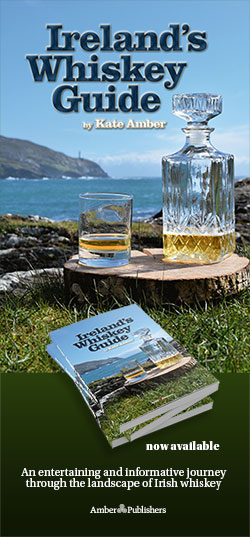 Poitín may occupy 'a special place' in people’s hearts, but it is not safe, according to the message from an article in the Irish Times newspaper from 2004.
Poitín may occupy 'a special place' in people’s hearts, but it is not safe, according to the message from an article in the Irish Times newspaper from 2004.
Poitín is an Irish word and pronounced: [ˈpˠotʲiːnʲ]) potcheen, poteen or potheen. Poitín was traditionally distilled in a small pot still and the term is a diminutive of the Irish word pota, meaning "pot" (anything “ín” in Irish is a smaller version of itself). The Irish word for a hangover is póit. In accordance with the International GI technical case file which lists Poitín as a protected Irish spirit under International law, Irish Poteen/Irish Poitín can only be made from cereals, grain, whey, sugar beet, molasses, and potatoes. Given that 1 ton of potatoes is needed to make a paltry 1 liter of Poitín, the obvious ingredient was barley.
Since 1661, Poitín was not officially allowed to be produced anywhere, but in places that were off the beaten track, like mountains, remote villages or in cliff caves, people still distilled it. The dangerous thing about this drink though, was that you never knew what quality you would get, so there were many deaths or illnesses, such as blindness and the “3 or 7-day coma”.
More recently, the Gardaí, together with doctors tried everything to find and destroy the illegal distilleries, however, the demand for the spirit was so great, that no sooner were they shut down in one place one day than they sprang up somewhere else the next day. If someone was caught with the illegal drink, the usual excuse was that they used it to “cure” a wide range of ailments, including aches and pains. It was claimed it lubricated the joints of people suffering from rheumatism or was needed for their greyhound!
In 2008, the underground and illicit side of Poitín making ended when (GI) Geographical Indicative granted the Irish spirits companies permission to officially produce the national drink and there are now a number of commercially produced spirits labeled as poitín, poteen or potcheen.






